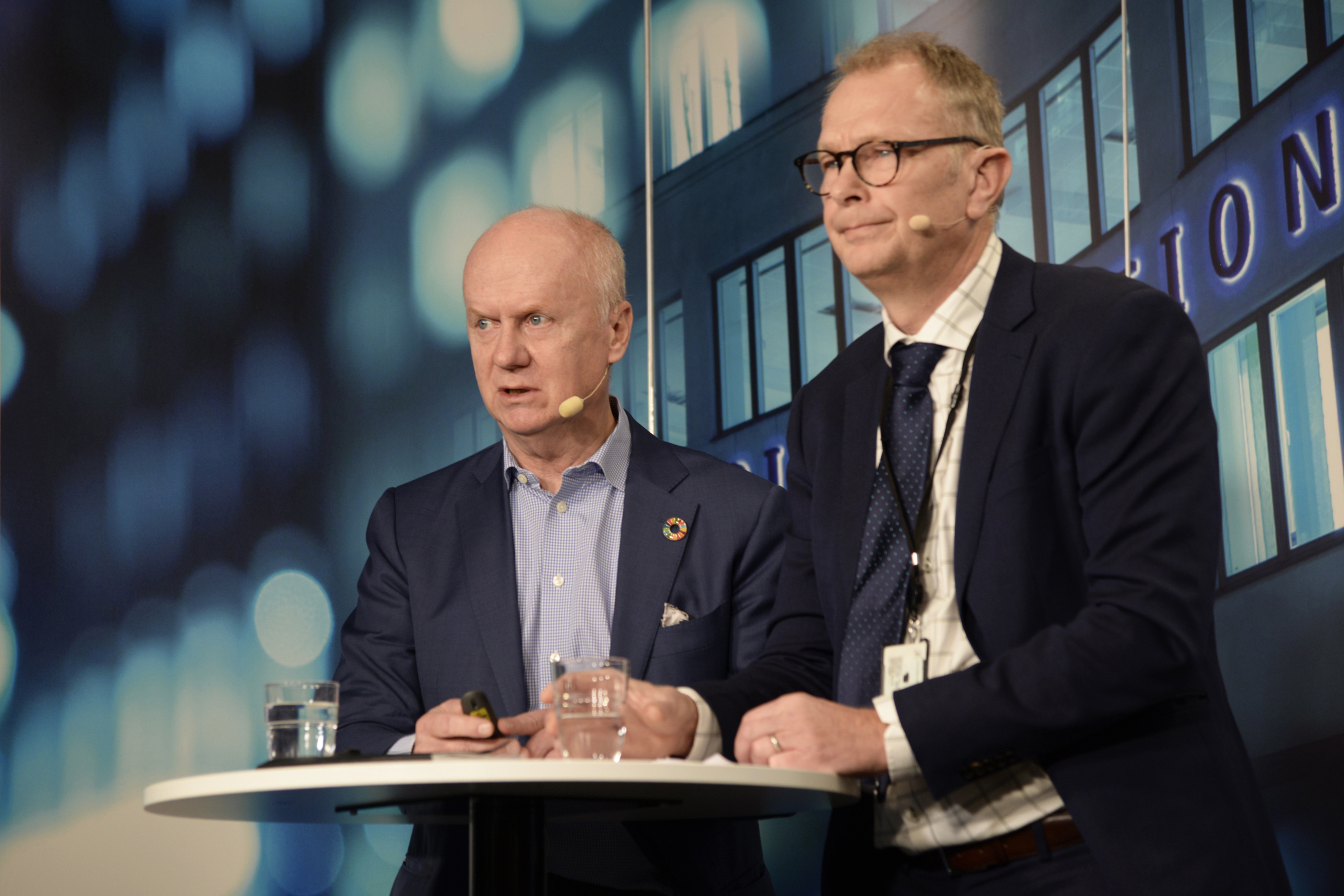Stability in the Financial System (2023:2): Adjustments to higher interest rates remain to be made
The higher interest rate means that households and companies need to make adjustments to their finances. Finansinspektionen (FI) is now seeing a decline in risk-taking. However, the change in the state of the economy and uncertainty regarding how long the higher interest rates will remain pose a risk to financial stability. Commercial real estate undertakings with high debt are particularly at risk should the interest rates remain high. These are the conclusions of the second Stability Report of the year.
In 2023, not only did inflation fall globally, but it is also expected to drop further in 2024. Still, there are indications that the interest rates will remain high for an extended period of time.
Higher interest rate costs are putting pressure on households and companies with smaller margins. Many commercial real estate firms have high levels of debt, making them particularly vulnerable when interest rates are high.
"The interest rates lower the commercial real estate firms' profits as well as the value of their properties, leading to their having difficulties financing their debt. They are in no position to relax. They need to continue to reduce their debt and strengthen their equity to avoid a less controlled adjustment in the future," says Director General Daniel Barr.
The report shows that households are borrowing less and less though their consumption and savings have remained on better levels than previously expected. The labour market has also developed more strongly than anticipated. However, the level of corporate and household debt remains high. If the interest rates remain high for a longer period, the burden will increase for more people and institutions. FI assesses that the primary risk associated with high household debt is a decrease in household consumption, which can amplify macroeconomic downturns. Such a development can also entail an increased risk of problems in the financial sector.
Swedish banks are currently very profitable and have significant capital buffers. FI believes that Swedish banks are resilient and could handle major credit losses. But there is a heightened uncertainty of how the economy and market will develop. For this reason, Swedish banks must continue to hold large buffers.
"We believe that the uncertain situation we currently find ourselves in will continue for a while to come. Corporations and households are still adjusting to the higher interest rates and we have not yet seen the effects on the financial system and the economy as a whole. It therefore continues to be important for banks and other financial actors to remain aware of the risks and to ensure that they will be able to withstand a weaker economy," says Barr.
The report also shows that there are risks associated with the financial system's high degree of digitalisation and interconnectivity. For example, the payment system and services that are vital to banks and financial corporations are contracted out to a small number of external suppliers. A substantial attack on such infrastructure can have extensive consequences for individual financial corporations, their customers and society at large. Considering the increased level of threat toward Sweden, it is important that companies in the financial sector have sufficient systems and procedures for managing cyber risks.


